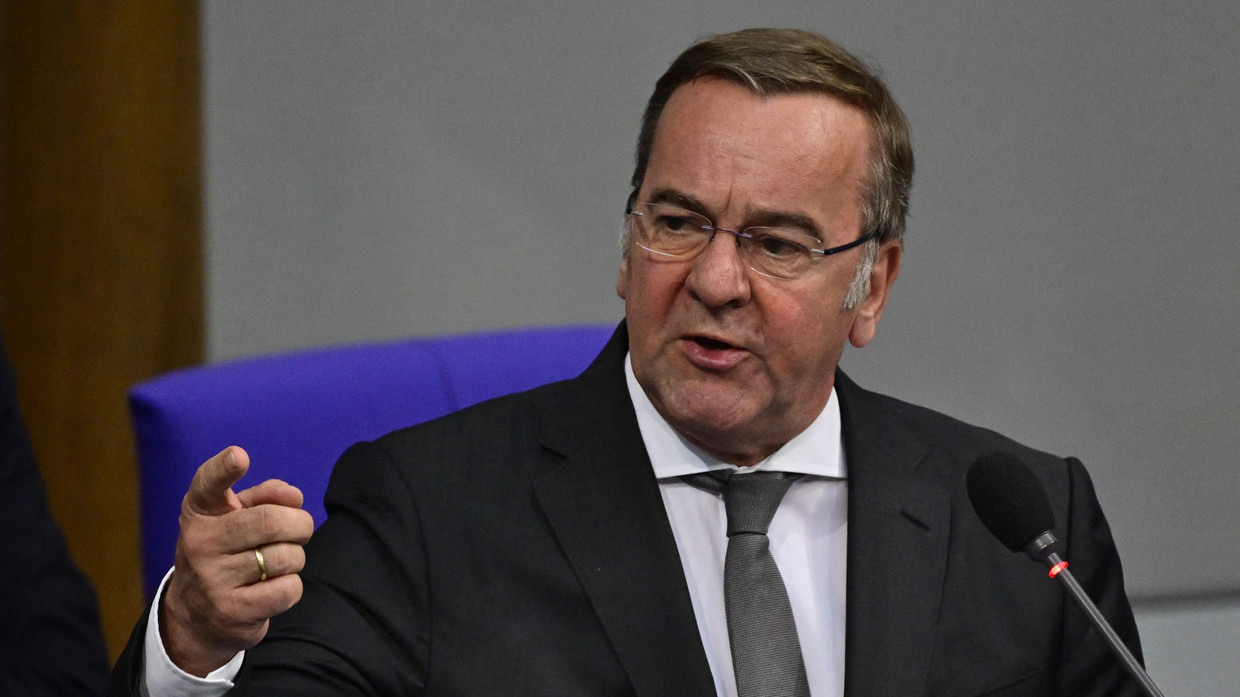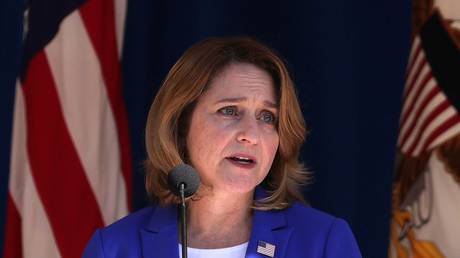Hosting US long-range missiles will allow Germany the opportunity to develop similar weapons of its own, Defense Minister Boris Pistorius has said.
Berlin and Washington announced at the end of the NATO summit in this week that US cruise missiles will be stationed in Germany from 2026. Deployment of such weapons would previously have been banned under the Cold War-era Intermediate-Range Nuclear Forces (INF) treaty, but Washington withdrew from the landmark agreement in 2019.
Speaking to the Deutschlandfunk broadcaster on Thursday, Pistorius expressed relief that US long-range missiles would be deployed in Germany, arguing that this would help cover a “serious loophole” in defense. He also expressed confidence that future US administrations would not reverse the decision.
However, since US long-range missiles will “come to Germany only on a rotational basis,” it is “absolutely clear” that Washington expects Berlin to “invest in the development and procurement of such standoff weapons,” the official stressed.
According to Pistorius, the deployment “will give us the time that we need for that,” arguing that this aim is key to ensuring Germany’s national security.
A joint German-US statement released by the White House revealed that among the weapons to be deployed to the European nation are the SM-6 anti-air missile, which has a range of up to 460km (290 miles), as well as the Tomahawk cruise missile, which can reportedly strike targets more than 2,500km away.
In addition, Washington announced plans to station “developmental hypersonic weapons” in Europe, which will presumably boast a “significantly longer range than current land-based fires” on the continent.
Explaining its decision to abandon the INF treaty back in 2019, the Trump administration claimed that Russia had breached the agreement with its cruise missiles. Moscow denied the claims, and Russian President Vladimir Putin warned that the demise of the accord would “have the gravest consequences.”
Russia continued to abide by the treaty for several years after the US withdrawal, although the Kremlin announced earlier this month that the country’s defense industry would resume development of intermediate and shorter range nuclear-capable missiles.
“We now know that the US is not only producing these missile systems, but has also brought them to Europe, Denmark, to use in exercises,” Putin explained at the time.
In a post on Telegram on Thursday, Russian Ambassador to Washington Anatoly Antonov denounced the recently announced deployment of US long-range missiles to Germany as a “direct threat to international security and strategic stability.” The diplomat added that the move could lead to “uncontrolled escalation amid dangerously soaring Russia-NATO tensions.”


